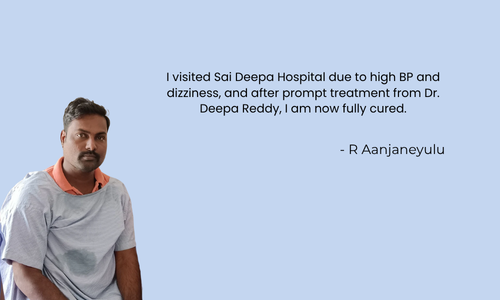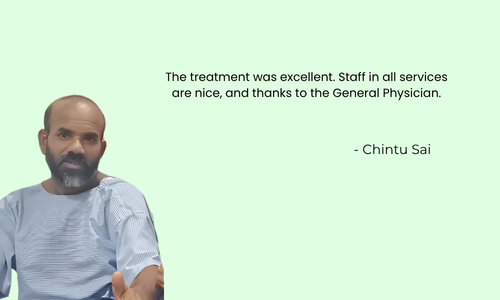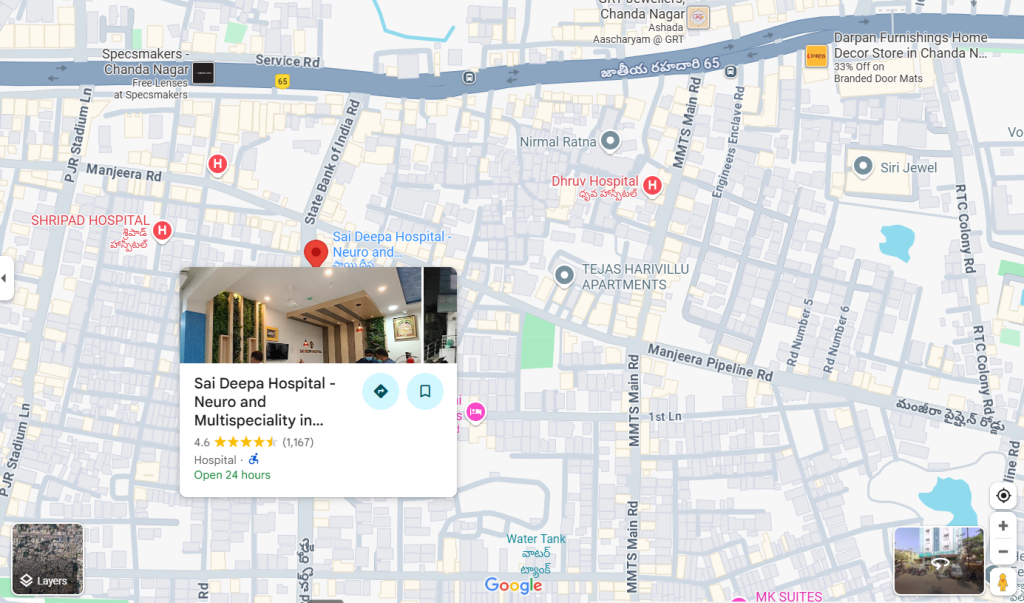Best Acid Peptic Disorder and GERD Treatment in Hyderabad
- Home
- Best Acid Peptic Disorder and GERD Treatment in Hyderabad
Best Acid Peptic Disorder & GERD Treatment in Hyderabad
Acid Peptic Disorder, GERD, has become one of the most common digestive problems worldwide, affecting people across all age groups. These conditions occur when the stomach produces excessive acid or when the protective lining of the stomach and esophagus is compromised. As a result, patients experience discomfort, burning sensations, indigestion, or even complications that can significantly impact their quality of life.
Book Free Appointment
1L+
Happy Customers
25+
Qualified Doctors
50
Rooms
5000+
Successful Surgeries
Free
Consultation
24/7 Ambulance
Facility
Insurance
Claim Support
What is Acid Peptic Disorder?
Acid Peptic Disorder is a group of conditions caused by an imbalance between stomach acid and the body’s defense mechanisms. Normally, the stomach has a strong protective lining that resists acid damage. However, when this balance is disturbed, the acid begins to erode the lining, leading to inflammation, ulcers, or reflux.
What is GERD?
GERD specifically occurs when the lower esophageal sphincter, a muscle that prevents acid from moving upward, becomes weak or relaxed. This weakness allows acid to escape from the stomach into the esophagus, which is not designed to handle such acidity. Over time, repeated exposure can cause inflammation, narrowing of the esophagus, or even precancerous changes.
Both Acid Peptic Disorder and GERD are lifestyle-related in many cases. Poor eating habits, irregular meal timings, stress, and excessive use of alcohol or tobacco contribute significantly to their development. While these disorders may not always be life-threatening in their early stages, they can lead to chronic health problems if not treated properly.

Dr. Sasidhara Roa A
MBBS, MS
5000+ Successful Surgeries
11+ Years of experience
Dr. Sasidhara Rao A. is an experienced General and Laparoscopic Surgeon at Sree Sai Deepa Hospitals, Chandanagar, with over 11 years of expertise and 5000+ successful surgeries. He specializes in laparoscopic, laser, and microscopic surgeries, treating conditions like piles, fissures, varicose veins, and gallbladder issues.
Doctor’s Fellowships:
Fellowship - International Society of Coloproctology
Fellowship in Intimate Health
Fellowship in Diagnostic Endoscopy
What are the Causes of Acid Peptic Disorder & GERD
The root causes of Acid Peptic Disorder, GERD, often involve a combination of lifestyle factors, infections, medications, and medical conditions. The most common contributors include:
Excess stomach acid production is one of the leading causes. For some people, the stomach produces more acid than necessary, which irritates the lining of the stomach and esophagus.
Another major factor is Helicobacter pylori infection, a bacterium that damages the protective lining of the stomach, leading to ulcers and inflammation.
Certain lifestyle habits, such as frequent consumption of spicy foods, oily meals, or caffeine, increase the risk of acid reflux and ulcer formation.
Smoking and alcohol weaken the protective barriers of the digestive system, allowing acid to cause more damage. Obesity is also a major risk factor, as excess abdominal fat puts pressure on the stomach and promotes reflux.
Long-term use of nonsteroidal anti-inflammatory drugs (NSAIDs) like ibuprofen and aspirin can damage the stomach lining and trigger ulcer formation.
Additionally, medical conditions such as hiatal hernia and delayed gastric emptying increase the likelihood of developing GERD. Stress and irregular sleep patterns further aggravate symptoms by disrupting digestion.
What are the Symptoms of Acid Peptic Disorder & GERD
The symptoms of Acid Peptic Disorder, GERD, vary depending on the severity of the condition. The most recognizable sign is heartburn, a burning sensation in the chest that usually occurs after meals or at night.
Many patients also report regurgitation, where food or sour liquid rises back into the throat.
Persistent indigestion, bloating, and nausea are other common complaints. In cases of peptic ulcers, patients may experience sharp or burning pain in the upper abdomen, which may worsen when the stomach is empty.
Some people develop difficulty swallowing, a chronic cough, or a hoarse voice due to acid irritating the throat.
GERD symptoms are often worse when lying down, bending forward, or after heavy meals. In severe cases, patients may report chest pain that resembles a heart attack, which makes a timely diagnosis essential.
Left untreated, Acid Peptic Disorder (GERD) can cause complications that interfere with daily living and overall well-being.
How is Acid Peptic Disorder(GERD) Diagnosed?
Accurate diagnosis is the first step in managing Acid Peptic Disorder, GERD. Doctors usually begin with a detailed medical history and physical examination.
The description of symptoms often provides valuable clues, especially when heartburn and regurgitation are reported frequently.
For further evaluation, endoscopy is one of the most commonly recommended tests. It allows doctors to visualize the esophagus, stomach, and duodenum to check for inflammation, ulcers, or structural abnormalities. In cases where GERD is suspected, a pH monitoring test may be conducted to measure acid levels in the esophagus.
Other diagnostic tools include imaging studies such as barium swallow, X-rays and biopsy samples when ulcers are present. Blood, breath, or stool tests may also be used to detect Helicobacter pylori infection.
By combining these diagnostic methods, physicians can determine the exact nature and severity of Acid Peptic Disorder, GERD, and recommend appropriate treatment.
Get your surgery cost
What are the Treatment Options for Acid Peptic Disorder
Treatment depends on severity, underlying cause, and complications.
1. Lifestyle Modifications
Eat small, frequent meals.
Avoid spicy, oily, and processed foods.
Maintain a healthy weight.
Quit smoking and alcohol.
Elevate the head while sleeping.
Manage stress through yoga and meditation.
2. Medications
Antacids – Provide quick relief.
Proton Pump Inhibitors (PPIs) – Reduce stomach acid production.
H2 Blockers – Control acid secretion.
Prokinetic Agents – Improve stomach emptying.
Antibiotics – Treat H. pylori infection.
3. Surgical Treatment
If medical therapy fails, surgery may be required:
- Fundoplication – Strengthens LES to prevent reflux.
- Endoscopic Procedures – Non-invasive options to reduce reflux.
- Surgery for Complications – Ulcer repair, stricture dilation, or cancer management.
Accreditations

Saideepaneurocare Hospitals is NABH certified, a mark of excellence in patient safety and care. We follow stringent healthcare protocols and maintain world-class hygiene standards.

We are ISO 9001 certified, ensuring the highest standards in quality management and patient care. This certification reflects our commitment to efficient processes and continuous improvement in healthcare services.
How to Prevent Acid Peptic Disorder & GERD
Follow a healthy, balanced diet.
Avoid late-night meals.
Reduce caffeine and carbonated drinks.
Maintain an ideal body weight.
Get regular medical check-ups if you have chronic acidity.
Sai Deepa Hospital - Neuro and Multispeciality
Plot no 387, Church road, Huda colony, Chanda Nagar, Hyderabad – 500050
Which is the Best Hospital for Acid Peptic Disorder in Hyderabad
At our hospital, we specialize in comprehensive gastroenterology care. Our team of expert gastroenterologists and surgeons provide accurate diagnosis, advanced endoscopic procedures, and personalized treatment plans. We combine modern technology with patient-centered care to ensure long-term relief and prevention of complications. With state-of-the-art facilities, round-the-clock emergency care, and dedicated follow-up services, we are committed to improving your digestive health and quality of life.
If you are experiencing persistent heartburn, abdominal pain, or digestive issues, book an appointment today and take the first step towards lasting relief.
Where to get the best GERD in Chandanagar, Hyderabad?
📍 Sai Deepa Hospitals, Chanda Nagar, Hyderabad
📞 Call or WhatsApp: +91-7093762716
🌐 www.saideepaneurocare.com
Best Acid Peptic Disorder Doctor in Chandanagar | Best Acid Peptic Disorder Doctor in Miyapur | Best GERD Treatment Doctor in Kukatpally | Best GERD Treatment Doctor in Hyderabad
Patient Reviews



FAQ's on Acid Peptic Disorder and GERD
1. What is the main cause of Acid Peptic Disorder & GERD?
The primary cause is excessive stomach acid production, weak LES, H. pylori infection, and unhealthy lifestyle habits.
2. What foods should I avoid if I have GERD?
Avoid spicy foods, citrus fruits, coffee, alcohol, chocolate, and carbonated drinks as they worsen reflux.
3. Can Acid Peptic Disorder be cured permanently?
Yes, with proper treatment, dietary changes, and lifestyle modifications, symptoms can be controlled and complications prevented.
4. Is GERD a serious disease?
GERD is not life-threatening initially, but untreated GERD can lead to serious complications like Barrett’s esophagus and cancer.
5. Can stress cause Acid Peptic Disorder?
No. Many ulcers heal with medicines and lifestyle changes, but chronic or complicated ulcers may need surgical intervention.
6. When should I see a doctor for GERD?
Seek medical help if you experience frequent heartburn, difficulty swallowing, unexplained weight loss, or vomiting blood.


